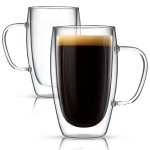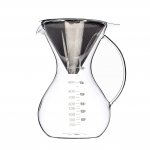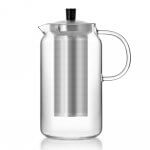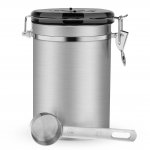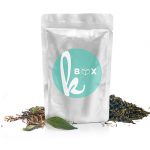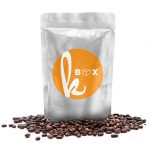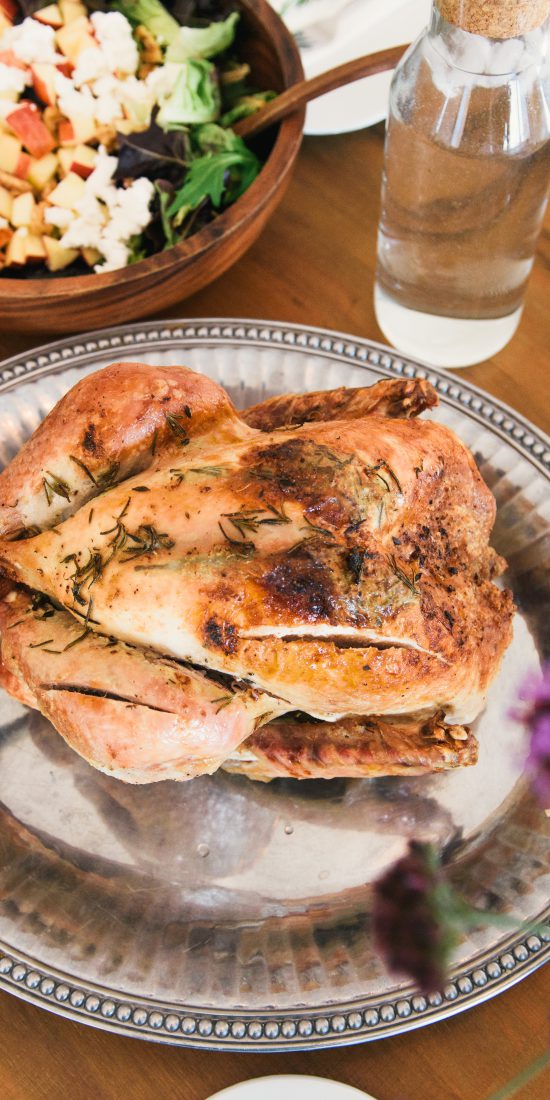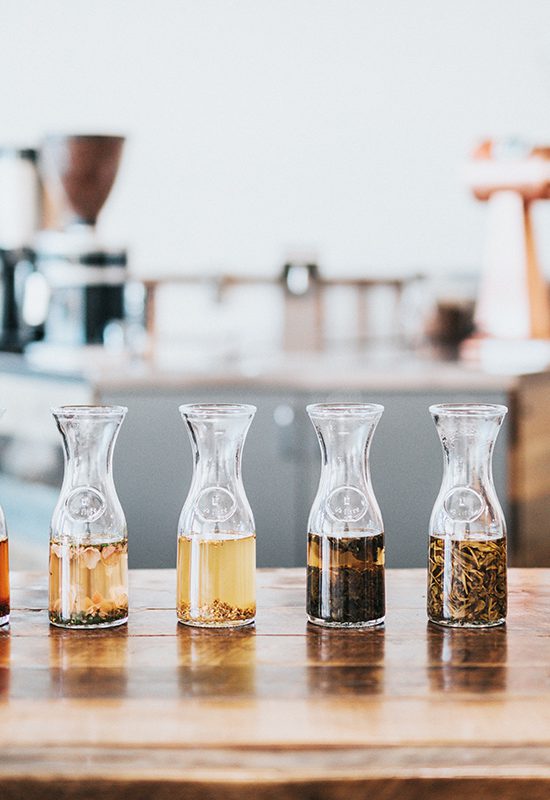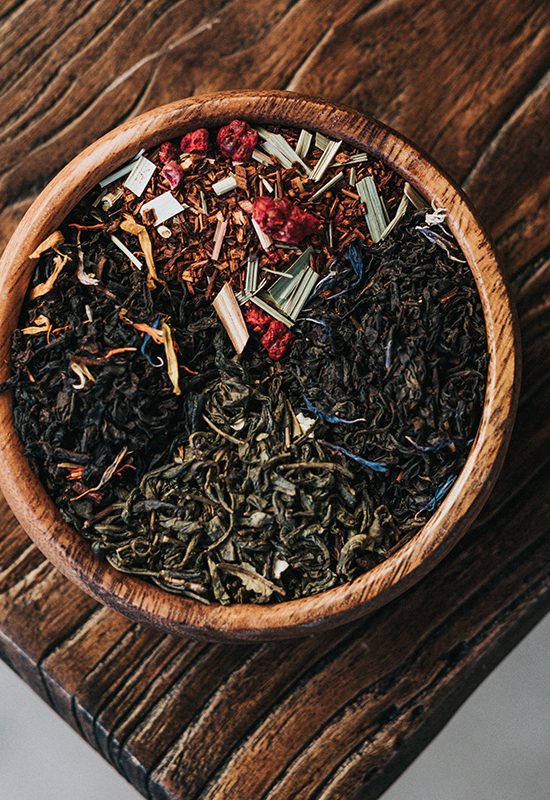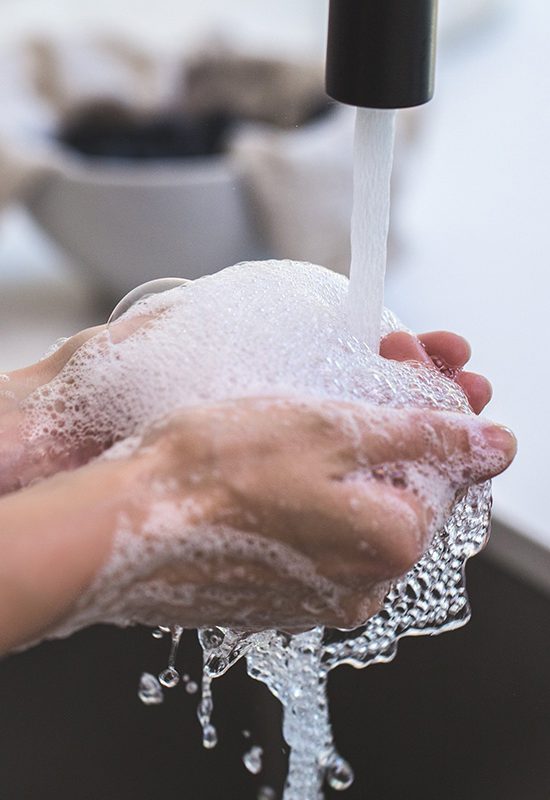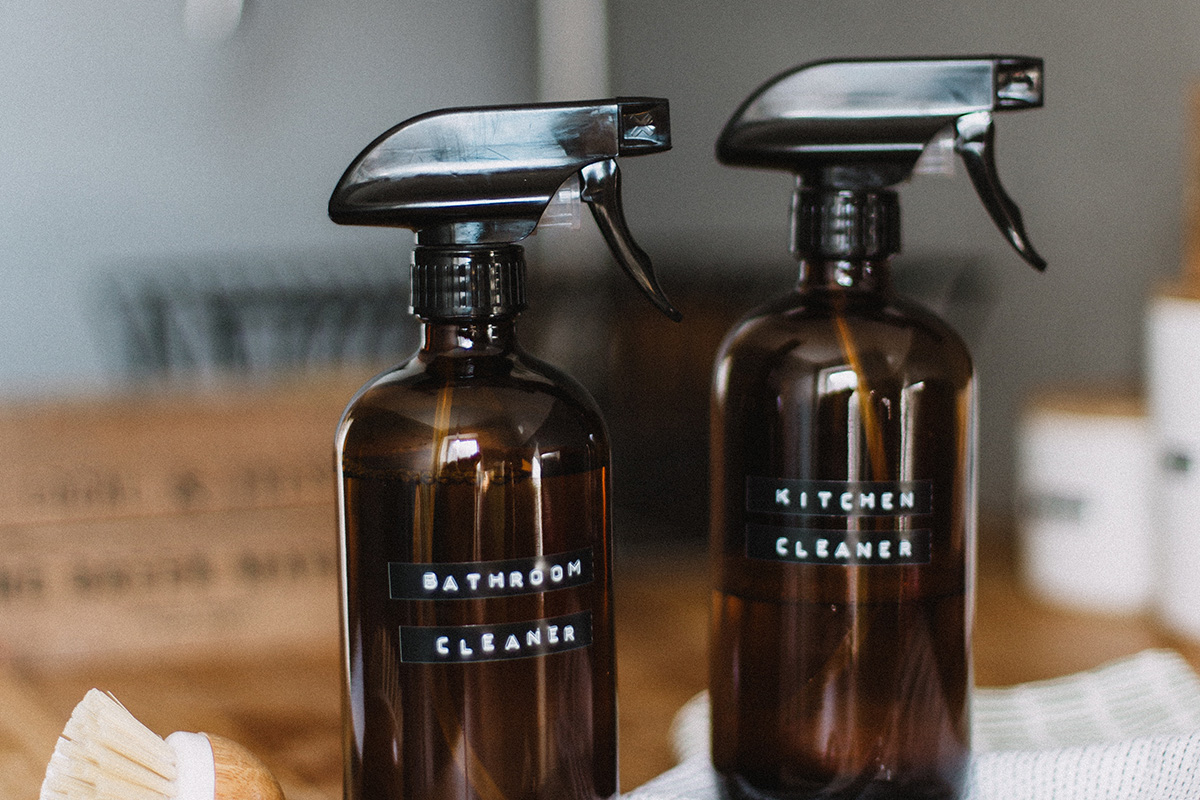
25 Kitchen Cleaning Tips and Tricks That Actually Work
Much of your food preparation happens in the kitchen that’s why it is very important to maintain its cleanliness. But there are times when the kitchen gets uncontrollably messy and impossible to clean. The good thing is there are several easy kitchen cleaning tips and tricks that can make cleaning easier and more efficient for you!
For many people, the kitchen is a happy and comforting place and not just where food is cooked or prepared. Cleaning and sanitizing are both very important not just for your kitchen to look spotless and sparkling but most importantly, to avoid diseases and bad odor brought about by an untidy environment.
Here we compiled amazingly easy kitchen cleaning tips and tricks you can follow to make sure you keep your kitchen clean at all times.
1. To sanitize food preparation surfaces like counters, sinks, and cutting boards – wash them with hot, soapy water. You can then rinse with clear water and sanitize the cleaned surfaces with a solution of 1 tablespoon of chlorine bleach to 1 liter of water.
2. To clean sink surfaces and fixtures, use a disinfecting all-purpose cleaner in a spray bottle. You can use a cleaning toothbrush to remove dirt from the base of the faucet or around the rim. Wipe dry with a cleaning cloth.

3. For stainless steel sinks, apply a paste of baking soda and water to a cleaning cloth. If you opt to use commercial cleaning products, make sure you use the ones that are formulated for cleaning sinks. Some powdered cleansers are harsh and may damage the surface of your sink.
4. To remove water spots on the sink, use full-strength white vinegar. Pour it to the sink and wait for a few minutes before rubbing the spots with a scrubbing pad.
5. Clean your stove burner’s grate with ammonia. Place the burner inside a large Ziploc bag then pour about ¼ cup of ammonia in it. No need to soak it up; just seal it up with ammonia fumes. Leave it overnight and once it should be easy-peasy to wipe it clean with a sponge.

6. For an eco-friendly and cheaper alternative of cleaning the sink and sink’s drainage, use lemon, baking soda, and some vinegar. Although there are several commercial products that are designed to clean your sink, they can be an added expense. So why not use whatever is ready in your kitchen? You’ll be amazed at how well lemon, baking soda, and vinegar do the job!
7. Using lemon and vinegar is not only limited to your sink. These two are really a must-have in the kitchen. There are certain types of food that give off a foul odor but then you have no choice but to keep them inside the refrigerator. Worse, the stubborn odor doesn’t just go away as simply as you want. To keep your fridge and kitchen smelling fresh and nice, make use of lemon and vinegar.
8. To clean your microwave quickly, place a handful of wet paper towels inside and run the oven on High for about 3-5 minutes. The steam from the towels will naturally soften the grime. Wait until the towels cool down then use them to wipe the oven’s interiors.

9. Sometimes when you use your blender, you let the pitcher sit on the sink until after your meal or who-knows-when. This makes it even harder to clean it. So to make it easy for you – right after emptying the pitcher, bring it to the sink and pour water in it with a drop of dishwashing soap. Then put it back to the blender, and turn on for about 20 seconds. It’s easier to rinse it out after.
10. To keep copper pots and pans clean and shiny, use salt and vinegar. As you know, pots and pans usually become greasy and the grease also hardens if not cleaned or scrubbed for quite a while. Since vinegar is acidic, you can use it to easily clean pots and pans. To clean, simply put salt at the bottom of your pot or pan, then add vinegar to it. Use a scour pad to scrub until the grease is gone. Then rinse.
11. To easily clean glass wares without scratching them, aluminum foil is the best option. You wouldn’t want to scratch your precious glass wares by using metal or wired brushes so for the shinier alternative. Just crumple the foil, add a little dishwashing soap, and use it to scrub your glass ware. Rinse and you’re done.

12. If you’re using a plastic cutting board and it started to become yellow because of food stains, you can use some bleach to whiten it up easily. No need to scrub anymore. However, this would work only for plastic boards and not the wooden ones as they do not absorb bleach.
13. Sometimes, your favorite coffee cup or mug gets stained with coffee. As it is your favorite, you never want to stop using it. So to remove the stains and keep it clean and new (and still your favorite), use the ever-universal cleaning agent – baking soda.
14. Sometimes you will notice that your sink fixtures get stained and you know they’re not food or grease stains. Actually, those are hard water stains and they can be very difficult to remove. Remember vinegar? One of the best cleaning agents? Yes, vinegar to the rescue! Just put some in a cup or glass, dip your silverwares in, and let it sit for a few seconds, wipe, and rinse.

15. To clean your cookie sheets and keep them shiny, use baking soda and hydrogen peroxide to clean them or scrub them. So if you’re thinking of disposing them because they look ugly, then think again. The best cleaning agents may just be within your reach.
16. To clean discolored grout, a gentle solution would be vinegar and baking soda. Make a paste by adding a little water to baking soda, apply it on the grout, put or spray some vinegar, and scrub with a cleaning brush.
17. Starting cleaning extra-greasy plates, pots, and pans that accumulated in your sink by filling the sink with hot water, 4-5 tablespoons of vinegar, and a drop of dishwashing liquid. It will then be easier to wash and rinse once the vinegar cuts through them.

18. Love pasta with tomato sauce? Yes you do! But you won’t love it when your precious plastic containers get stained with red sauce after use. You’ve got this trick to do – rub the inside of the container with vegetable oil or apply a thin coating of vegetable oil cooking spray. This will act as a protective barrier against the red stains.
19. To clean splatters and spots from a ceramic tile backsplash, you can wipe down the tile using a dampened clean sponge with alcohol. This will help get rid of the gunk and disinfect the tiles too.

20. To get rid of lingering kitchen smells, simmer white vinegar on the stove, turn it off, and just let it sit. Yes, you might have loved the smell of your favorite food when you cooked it but it doesn’t have to circulate the entire kitchen for the whole day. Everybody loves a nice-smelling kitchen right?
21. To keep wooden surfaces clean and free of bacteria, mix ½ cup of baking soda with a quart of warm water and rub the surface using a clean sponge. You can then rinse with plain towel, blot with clean towel, and air-dry completely.

22. Sometimes, calcium deposits get stuck on your coffee pot or tea pot. To remove them, scrub with the flesh of a lemon. You can put a little baking soda or salt to help scrub stubborn stains.
23. To sanitize sponges, put them in a microwave for a couple of minutes. Sponges may harbor germs and even when you can’t see them, you just can’t imagine using them to scrub your plates and other utensils every day without thoroughly sanitizing or replacing them every so often.
24. Remove rust spots from knives and other rusty silverwares using lemon juice. Just soak them in lemon juice for about 10-15 minutes or until the rust spots go away.

25. Food spills from the oven are inevitable when cooking or baking. It’s all fun and games until it’s time to clean up! Make it easy and stress-free by coating spills and splashes with salt as soon as possible after they occur. Wait for a while until the oven cools down then use a damp rag or sponge to wipe away the spills.
Most of the cleaning tips and tricks use household materials primarily baking soda, white vinegar, lemon, and salt. Well, that’s awesome! You don’t have to buy those commercial products with harmful chemicals to make cleaning your kitchen easier and more efficient. Just look around your house. More often than not, you have all those four powerful cleaning agents.
